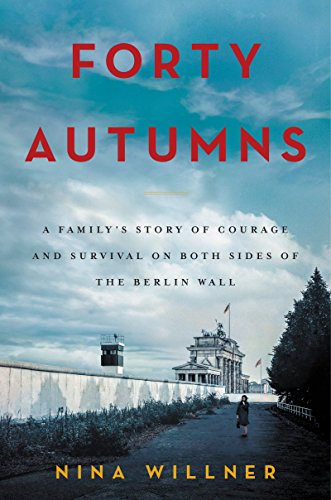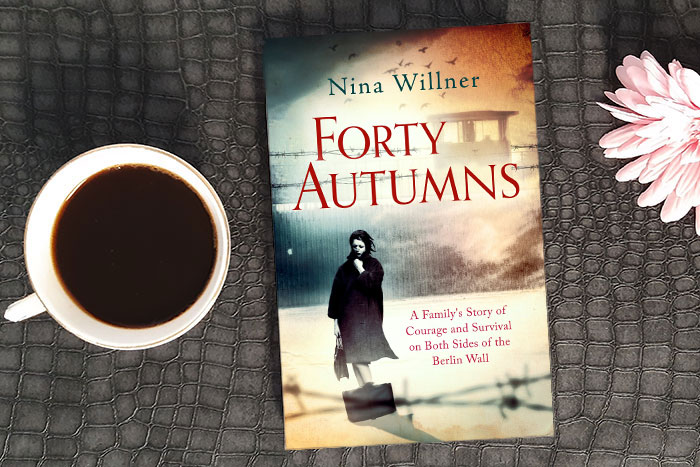
While Hanna painfully watches the events that unfold on her family half a world away on TV, the Communist Party tightens its grip on information leaked to the outside world.

In conveying the isolation of East Germany, Willner writes how Hanna suffers the cutting of ties with her family as few letters get in and out of the country.

She soon moves to America where she gives birth to the author and her five siblings. Their eldest, Hanna, escapes the East before it becomes a firm socialist prison. The book follows the large family of Willner’s grandparents, Oma and Opa, and their nine children partly raised under communist rule. Willner suggests that Opa had tried to adapt to Nazism, just as he did to communism, while he privately called Hitler "a madman who despised human beings." Years later, when Hanna married a German Jew, he wrote to his prospective son-in-law: "I welcome you, with all my heart, into our family.Teen Book Review: Here’s a book review from Eva.įorty Autumns by Nina Willner is a heartfelt true story that details the lives of Willner’s extended family in young East Germany. We do learn that, as part of Hitler's last-gasp mobilization of every able-bodied German male, Opa and his oldest son, Roland, were both drafted into the German army. "Forty Autumns" has one notable omission: It offers only the sketchiest information on the family's stance and situation during the Nazi years. And it enabled her to reconstruct their lives, from her grandparents' struggles to her cousin Cordula's achievements as a swimmer and cyclist.

But the fall of the Berlin Wall in 1989 and Germany's reunification a year later made meeting possible.

During those years, she never met her East German family. Like her father, Willner became an Army intelligence officer, and conducted missions in Berlin and East Germany in the 1980s.


 0 kommentar(er)
0 kommentar(er)
